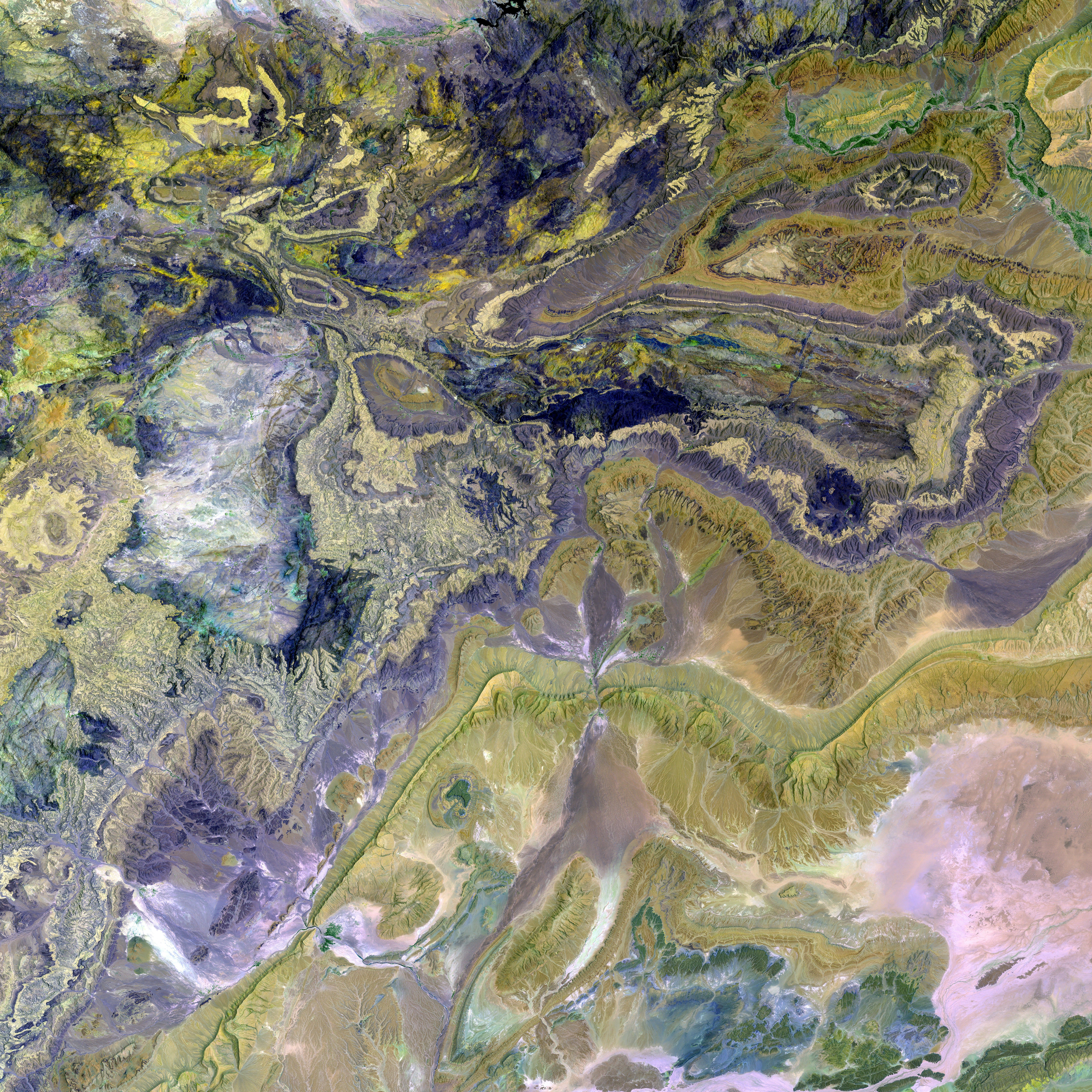Mafia Gains Advantage from Trump's Implemented Tariffs
The Grifter's Gold Rush:
Roberto Saviano, the mastermind behind books like 'Gomorrah' and 'ZeroZeroZero', has been under police protection for over two decades due to threats from the treacherous Neapolitan mafia. This pink-knuckled tribe of criminals thrive in the shadows, knowing that every economic decision leading to inflated prices opens the floodgates for a bustling black market. And with President Donald Trump's April tariffs, the floodgates will burst open like never before.
It's a new era of smuggling, and the Mexican cartels, Italian crime syndicates, Russian mafia, and other nefarious entities are gearing up, prepared to launder legal goods as easily as they did illegal ones. The upcoming market could rival Prohibition-era bootlegging, a banquet waiting for the predators of organized crime to devour.
Look back in history, and the tale repeats itself. Think of the Embargo Act of 1807, when Thomas Jefferson barricaded America from foreign trade to squeeze Britain and France. This only fueled rampant smuggling, especially in border regions like Vermont and Maine. Fast-forward to the Smoot-Hawley Tariff Act of 1930, which increased tariffs on thousands of imported products, causing Italian-American mafia gangs to morph into middlemen as countless traders turned to illicit routes to safeguard their profits.
Every tariff stirs an insatiable appetite in the market, tempting predators to fill the void. As price hikes hit everything from gaming consoles to French vino to textiles, Trump's tariffs will create cracks for the ingenious underworld to squeeze through.
Take, for example, the Mexican cartel Jalisco Nueva Generación. Already adept at illegal fuel trafficking, they will undoubtedly jump at the chance to smuggle legal goods as well. In Utah, earlier this year, a family was indicted for partnering with Mexican crime syndicates to smuggle nearly 2,900 shipments of stolen crude oil into the US. In 2024, a US company was caught on the wrong side of the law, pleading guilty to smuggling porcelain tiles from China and falsifying the origin as "Made in Malaysia" to dodge antidumping and countervailing duties.
Before Trump's tariffs, smuggling was all about peddling counterfeit products from Asia. US Customs and Border Protection data tells us that seizures of counterfeit goods amounted to $2.8bn in 2023 and $5.4bn in 2024, due to the insatiable demand for affordable fashion products. Most of the goods came from China and Hong Kong, which together accounted for around 90% of the total seized for intellectual property rights violations in 2024. Those routes will now be used for legal products as well.
Bulking up on controls at ports could be a valid solution, but this would come at a cost—slowing down customs clearance. Criminal organizations don't choose their ports based on the level of corruption; they go for the fastest ports, which allow them to smuggle the most goods undetected. Ports like Savannah, Georgia, Houston, Texas, and Long Beach, California, seem ripe for exploitation due to their swift customs clearance. If they were to tighten controls, they risk slowing down the efficiency of cargo transit.
Labeling will no longer suffice as undeniable proof of an item's country of origin. It seems likely that China, which already manages about 40 ports in Latin America, will use them to bring Chinese goods into the US, with false South American labels adorning their products.
One wonders whether Trump truly overlooks the fact that his tariffs will pave the way for smugglers. Perhaps he finds solace in the thought that US companies need goods at pre-tariff prices to stay competitive. Or maybe he views smuggling as a political pawn, a reason to maintain political pressure on foreign governments while he employs formal tariffs as a weapon. As the smuggler's golden age dawns, Trump's informal black market will march hand in hand with the formal one, orchestrating the dance of power and crime.
This will not be Trump's first time wading in murky waters. His former mentor Roy Cohn, in the 1970s, represented mafia chieftains like Carmine Galante, Carlo Gambino, and Nicholas "Cockeyed Nick" Rattenni, and advised the Genovese crime family. Cohn knew all too well that there were legal and illegal ways to get things done. For organized crime, there are the laws of business and then there are the unwritten "rules" – the standard procedures that guarantee profit. Trump's official tariffs are the laws. In the shadows, the informal black market will follow the rules.
Smuggling will no longer be a hit-or-miss strategy; it will become a necessary evil to stay afloat. And organized crime understands that the more the market demands smuggled goods, the harder it will be for custom officials to monitor the situation. We will soon reach a point where smuggling becomes a tolerated reality in America once more.
- Roberto Saviano's work, including 'Gomorrah' and 'ZeroZeroZero', has been a testament to the intricate connection between business, politics, and crime, particularly the Neapolitan mafia.
- In the anticipated market chaos due to President Donald Trump's tariffs, anticipation grows of a resurgence in smuggling activities comparable to Prohibition-era black markets.
- As the demand for legal goods escalates and prices soar, the tariffs could potentially lead to an increase in smuggling as criminal organizations find new opportunities to exploit.
- The political implications of Trump's tariffs and the surge in smuggling could blur the line between the formal and informal economies, creating an uneasy equilibrium in the American market landscape by 2023.








